Punk Synths: 5 Classics From Post-Punk, Cold Wave and Industrial
Rough and ready instruments from Roland, Sequential, Behringer, and more.
Why let guitarists have all the fun? Sometimes you just want to let rip with a noisy punk synth. Here are five brash classics and their modern hardware and software equivalents.
Punk Synths
Punk synths. That sounds like a contradiction in terms, doesn’t it? It doesn’t have to be, though. Punk, in its strictest definition, may be all about guitars, bass, and drums, but the great thing about the genre is the way it opened up all sorts of related styles of music, many of which do include synthesizers. You can’t have post-punk without punk, and post-punk is full of dark and brooding synths. There are also tangentially related genres like cold wave and industrial, as practiced by noiseniks like Throbbing Gristle and SPK.
For many bands active in the late 1970s and early 1980s who used synths, there were a few types they gravitated towards. They had to be cheap, first and foremost, which usually meant a monosynth. It also helped if they were noisy, hence the appearance on this list of both the MS-20 and Wasp, two of the unruliest mass-market synths to ever go under a soldering gun.
While most of the punk synths mentioned on this list are now vintage and so no longer cheap, they all have modern recreations available – in both hardware and software – that most decidedly are.
Many of the products mentioned in this story are available at Thomann*.
Punk Synths: Korg MS-20
In 1978, Korg released the MS-20. Developed over a period of just six months (most synths take years), the two-oscillator and semi-modular MS-20 is about as punk as synths come, thanks to its dual screamy filters and ring modulation effect.
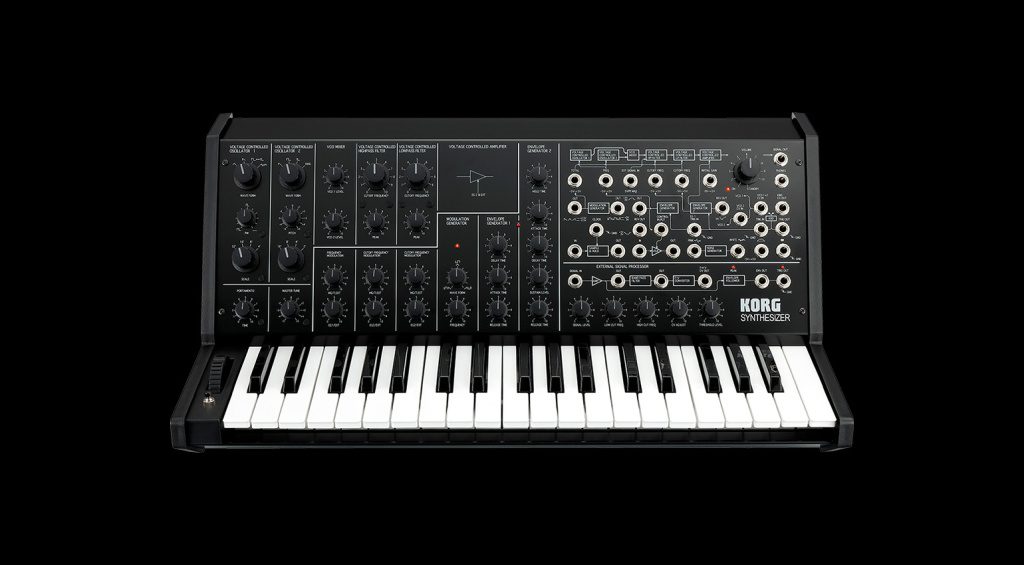
It also fit the bill in terms of affordability, going on sale for just $600 at the time. This made it popular with noisy independent outfits like Einsturzende Neubauten, KMFDM, and Add N to (X). Its younger brother, the single-oscillator MS-10, is also a popular punk synth.
In 2013, Korg did the then-unheard-of thing and remade their own synth, releasing the MS-20 Mini at 86% of the original size. It’s still available, as are many of the third-party remakes that have come along since, like Behringer’s K-2. On the software side, check out Korg MS-20 V from Arturia and Cherry Audio’s PS-20.

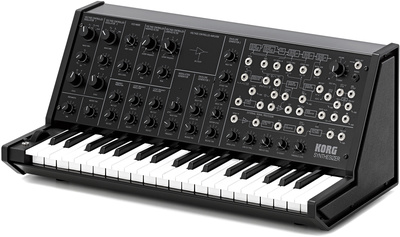



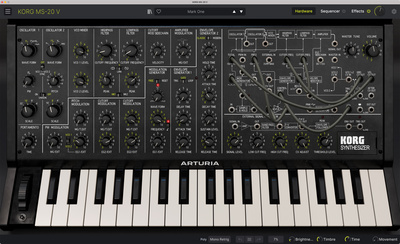

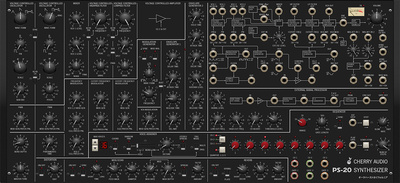
Punk Synths: EMS Synthi
Although released before punk in 1971, the self-contained modular EMS Synthi gets grandfathered in because it’s such a noisy little beast. Taking the VCS3 and putting it in a portable suitcase (the Synthi A) was a genius move. Adding a touchplate keyboard in the lid (Synthi AKS) was genius-plus.
As with their older sibling, VCS3, the Synthis were best used to make noise or else run other things through them due to their pig-headed inability to stay in tune. Both the Synthi A and AKS found their way into the rigs of all kinds of fringe-dwelling outfits like Alien Sex Fiend, SPK, and Merzbow.
Modern hardware clones of the kind that we’re used to in 2025 are few and far between for EMS gear. Erica Synths’ SYNTRX II may not sound like a Synthi, but it has a very similar signal path, as well as the famous pin matrix for making modular connections. On the software side, there’s the Synthi V from Arturia. If you’re willing to entertain a VCS-style layout, check out Xils Lab’s XILS 4, which emulates the prototype-only EMS VCS4

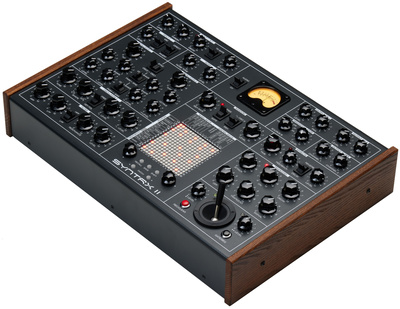

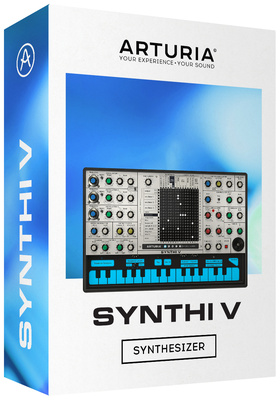

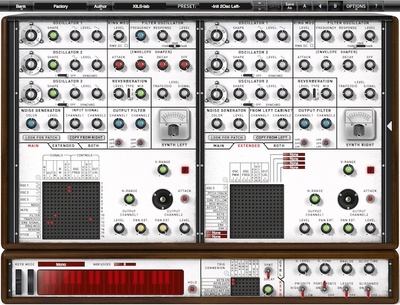
Punk Synths: Sequential Circuits Pro-One
No one wanted a monosynth in 1981, goes the revisionist narrative. Except people most certainly did. While the big boys may have been playing with uber-expensive polys like the Yamaha CS-80 and Oberheim Eight Voice, workaday musicians with spiky hair and badges pinned to their lapels needed something a little cheaper – but no less impactful. Enter the Pro-One from Sequential Circuits.
Built from similar circuits to the Prophet-5, the Pro-One allowed musicians without big bank accounts to get quality analog sounds. With two oscillators, the Prophet 4-pole filter, and a modulation section, it was plenty capable, and found its way onto records from groups like Skinny Puppy, Man Parrish, and The Prodigy. Punk adjacent?
If you’re after a modern Pro-One, the obvious go-to is the Pro-1 from Behringer, which recreates the famous mono in rack form. If you don’t mind software, u-he’s Repro features emulations of both the Pro-One and Prophet-5. Lastly, it’s not a monosynth, but Sequential’s recent Fourm is giving big Pro-One vibes.

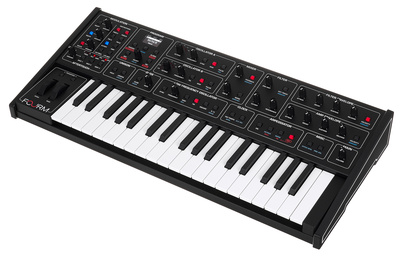

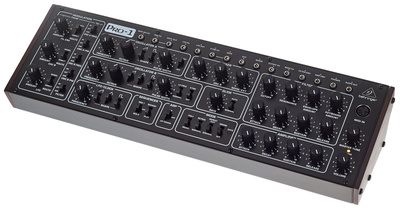


Punk Synths: Roland SH-101
Another mono that challenges common wisdom about the hegemony of polys in the ‘80s is the SH-101. Roland’s mini mono stayed in production from 1982 until 1986 thanks to its affordable price tag of $495 / £249, its onboard sequencer, and, of course, excellent sound. Although its synthesis architecture is on the simple side, it can do a lot, from funky basslines to acid squigles and tearing leads.
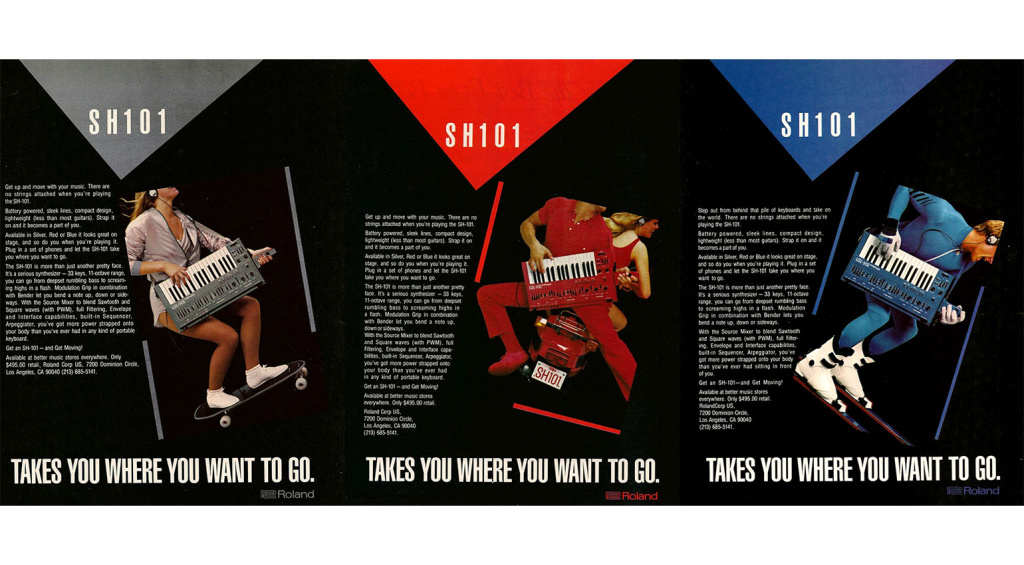
Thanks to its rediscovery in the acid era, we tend to associate it with techno, but it had plenty of big-name post-punk and new wave users the first time around, including The Cure and John Foxx. Chris Carter of Throbbing Gristle had one, too (although that’s not surprising, as he was a certified Roland fan boy). Non-techno artists who abused 101s in the ‘90s include Alec Empire and Mika Vainio of Pansonic.
If you’re looking for a new take on the 101 sound, you’re spoiled for choice. Roland offers the virtual analog SH-01A, while Behringer has its MS-1 analog version. There are even more available for software download, including Roland’s own SH-101 Cloud version and the Softube Model 82.

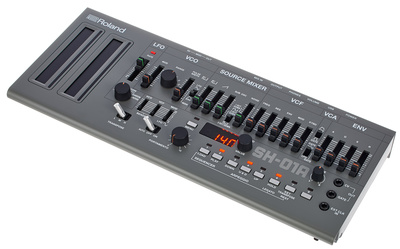

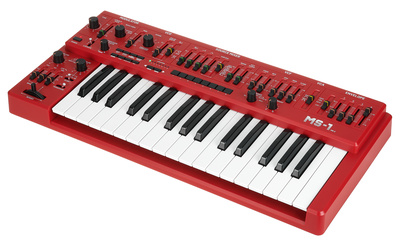

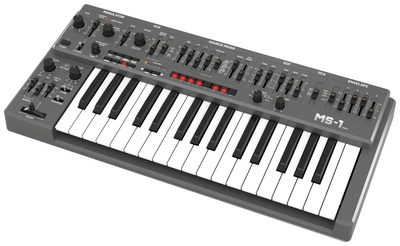

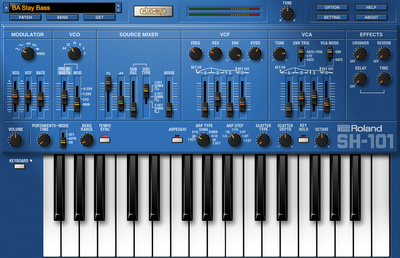
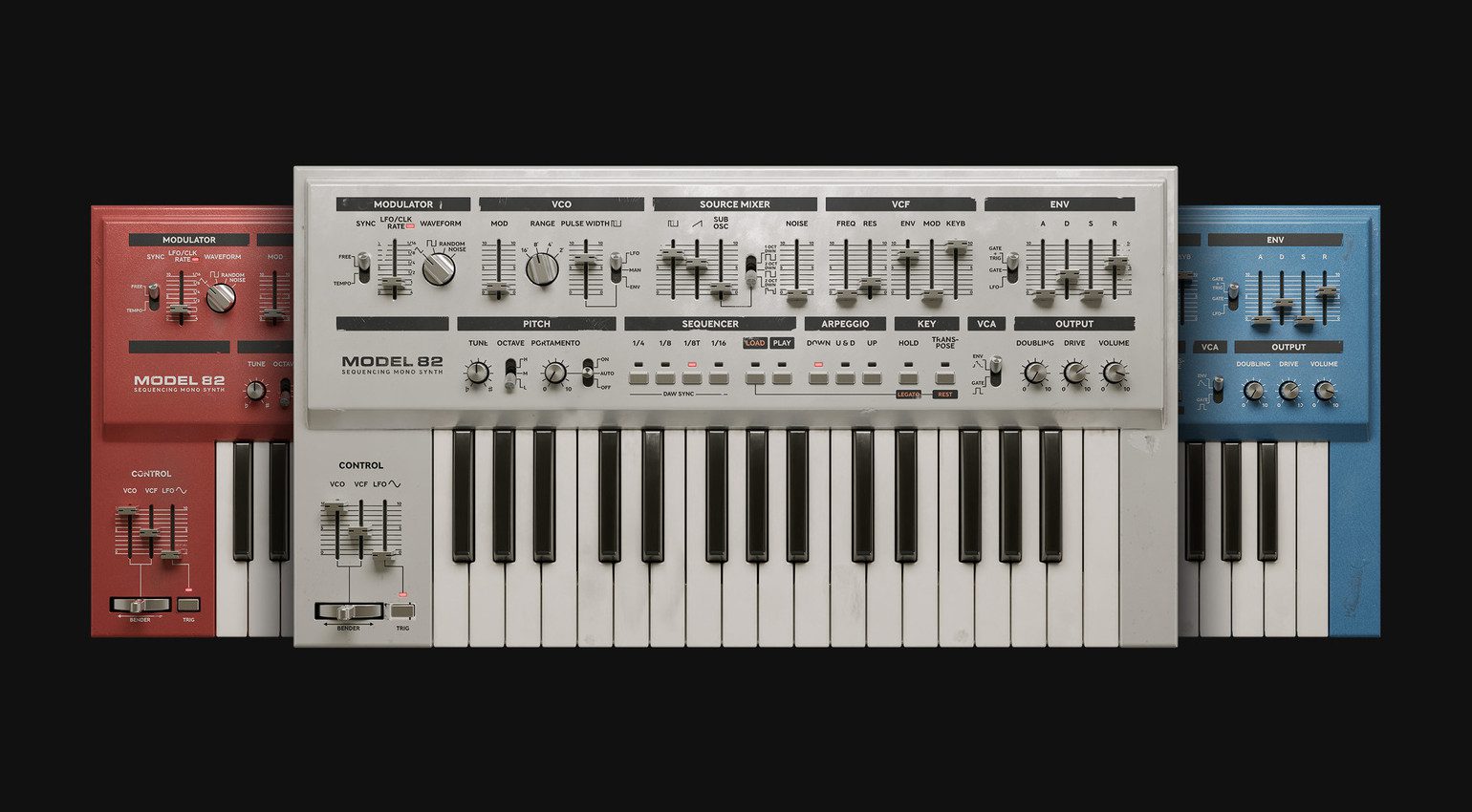
Punk Synths: Electronic Dream Plant Wasp
In 1978, a British synthesizer company called Electronic Dream Plant released the Wasp, a bizarre little black and yellow synth with digital oscillators, an onboard speaker, and a touchplate keyboard. Because it was only around £200, it became the first synth for many artists of a certain age and a commonality among the UK’s nascent noisy synth bands. Not punk enough? Mic the speaker for an extra tinny sound!
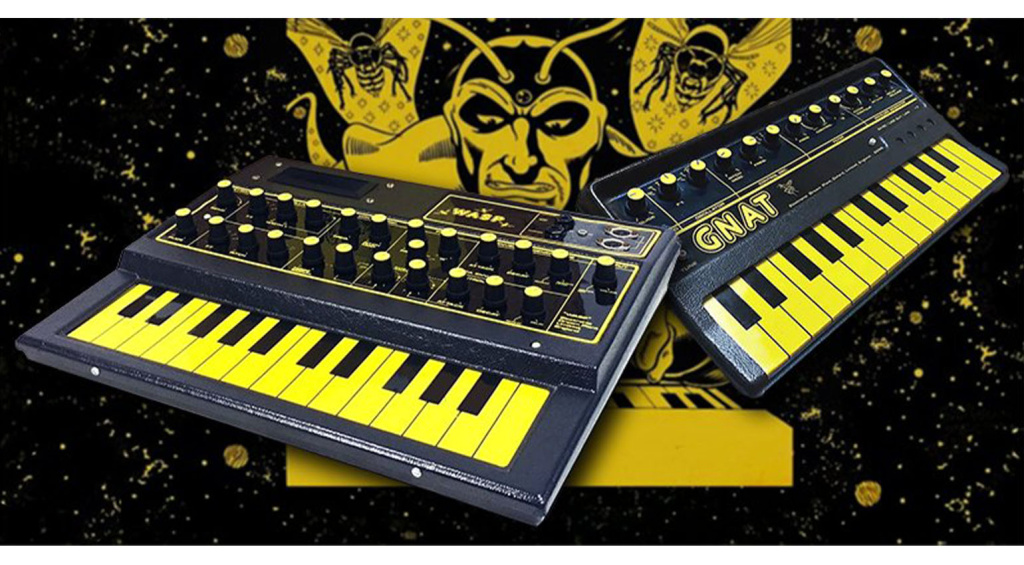
Designed by Chris Huggett, who would go on to do the OSCar, work for Akai, and help design many of Novation’s instruments, the Wasp was used by pretty much everyone, from Devo, The Cure, and Sonic Boom of Spacemen 3, to Dave Stewart, Daniel Miller, and Fashion.
If you’re after the Wasp sound in 2025, check out Behringer’s excellent Wasp Deluxe, as well as Yellowjacket from Cherry Audio.

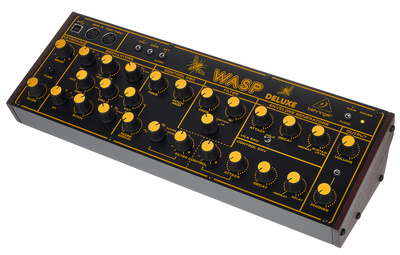


More Information
*Note: This article contains advertising links that help us pay for this site. Don’t worry: the price for you will always be the same! If you buy something through these links, we will receive a small commission. Thank you for your support!
3 responses to “Punk Synths: 5 Classics From Post-Punk, Cold Wave and Industrial”

 4,3 / 5,0 |
4,3 / 5,0 | 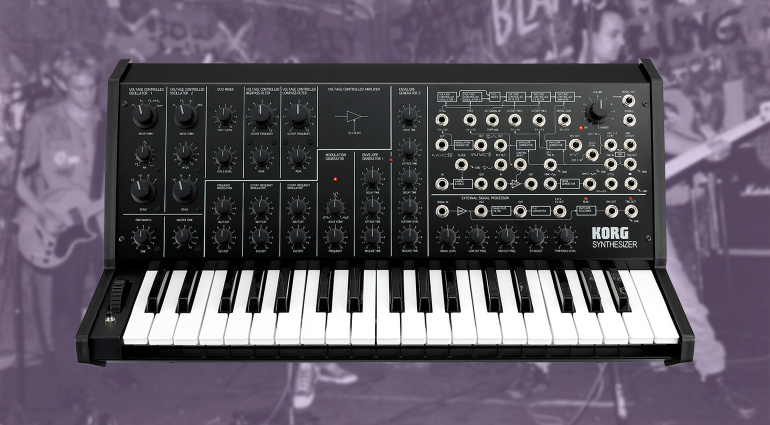



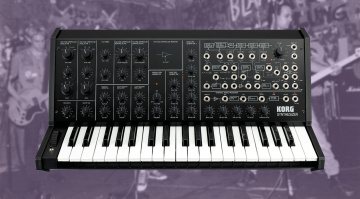


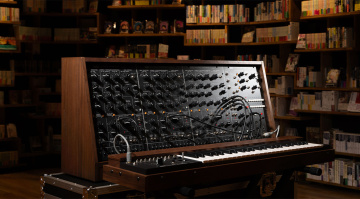
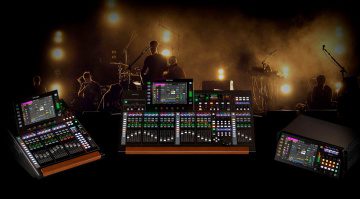
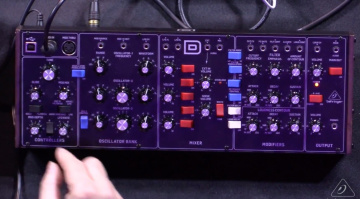

This is a solid list! I’d add 2 more though:
Moog Minimoog – For obvious reasons. Counterpoint – The Minimoog is so ubiquitous I understand why it’s almost not even necessary to mention by name.
ARP Solina – This one really should be here. Prominent use by Joy Division and The Cure on some of their bigger songs. The Chameleons, Pulp, and Rikk Agnew’s first solo record used it too, certainly more artists that I’m forgetting. There’s a solid clone from Behringer and multiple software versions as well (Arturia, GForce, AIR Music), so definitely fits with the article’s theme.
I think Moog has always been in a higher category. It was always more expensive than, say, MS20 or SH101. I don’t think a beginner “punk-electro” band could afford Moog. I think that’s why it’s not listed here now.
Michigan Synthworks makes a version of the Gnat called the “Gnot.” I don’t have one, but I have several of their other synths and they are awesome. AND they are an independent small business! Check it;
https://michigansynthworks.com/products/gnot-synthesizer